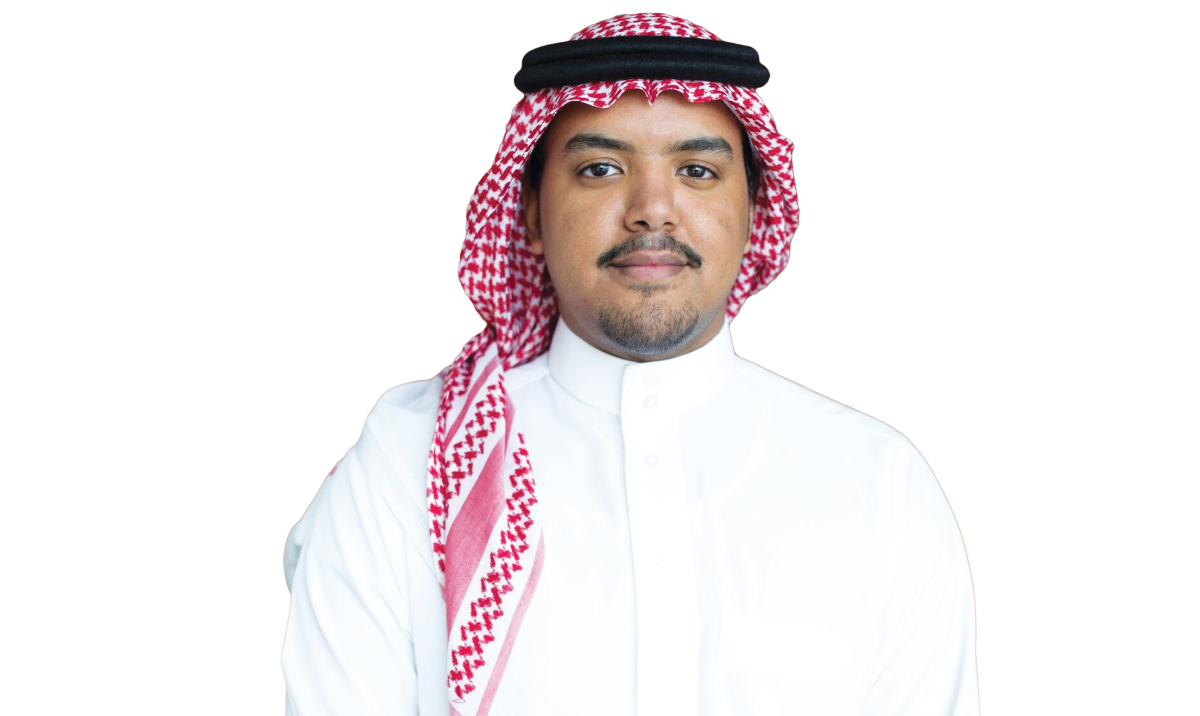CAIRO: Saudi Arabia-based edtech platform Faheem is planning to expand its regional presence in its effort to lead the online tutoring space.
Since its inception in 2018, Faheem has set out its goals to help students excel by providing them with qualified and competent teachers through its one-to-one tutoring platform.
In an exclusive interview with Arab News, Salem Ghanem, CEO and founder of Faheem, said that the company has managed to stand out as the leading one-stop shop for all academic needs.
“We’ve successfully become the destination for all parents and students looking to improve their grades, with our retentive and personalized services, our highest quality education and affordable prices,” Ghanem added.
He explained that Faheem’s vision is to be the leading supplementary education provider in the region by targeting all parents and students in the Saudi market.
“Faheem has positioned itself to be a major player in the tutoring market and is well positioned to grow further beyond the Kingdom. We are planning to expand our services to the nearby Gulf markets as a first step, followed by the remaining markets of the Middle East and North Africa region and then Pakistan,” Ghanem stated.

Salem Ghanem
The company currently has over 50 staff members in its main office located in Riyadh and is on track to increase that number to 120 employees by the end of 2023.
“Faheem’s online tutoring model, easy-to-use mobile app, and personalized services allow us to scale and expand relatively easily by utilizing our tutors’ database that we have built over the years,” Ghanem said.
Faheem has been keen to positively impact the market by increasing the quality of education through high-standard tutor approvals and measuring student performance to update and adjust accordingly.
The company also managed to attract over 1,400 qualified Saudi tutors who managed to make a sustainable income from the platform.
“The edtech industry is likely to make a significant contribution to the Saudi economy, especially after the privatization of the education sector following the Kingdom’s Vision 2030, Ghanem said.
He added: “The impact will be apparent in the created job opportunities, and the decreasing unemployment rates, taking into consideration that the tutoring market could create an estimated 45,000 to 60,000 job opportunities.”
Faheem has over 350,000 students with more than 18 million minutes of lessons on its platform.
Last year, the company celebrated a tutor who made over SR1 million ($266,219) through the platform and is expecting to celebrate more tutors this year.
“In just January of 2023, the company experienced five times growth, and is set on a solid growth track, expecting to grow more than 10 times this year,” Ghanem stated.
He concluded by saying that the edtech industry is advancing towards inclusive and personalized services that encourage user engagement and Faheem is on track to utilize these formats to fill the gap in educational inclusion.
The company secured several undisclosed funding rounds from notable investors like Saudi Aramco’s Wa’ed Ventures and is set to announce another investment round in the near future.














